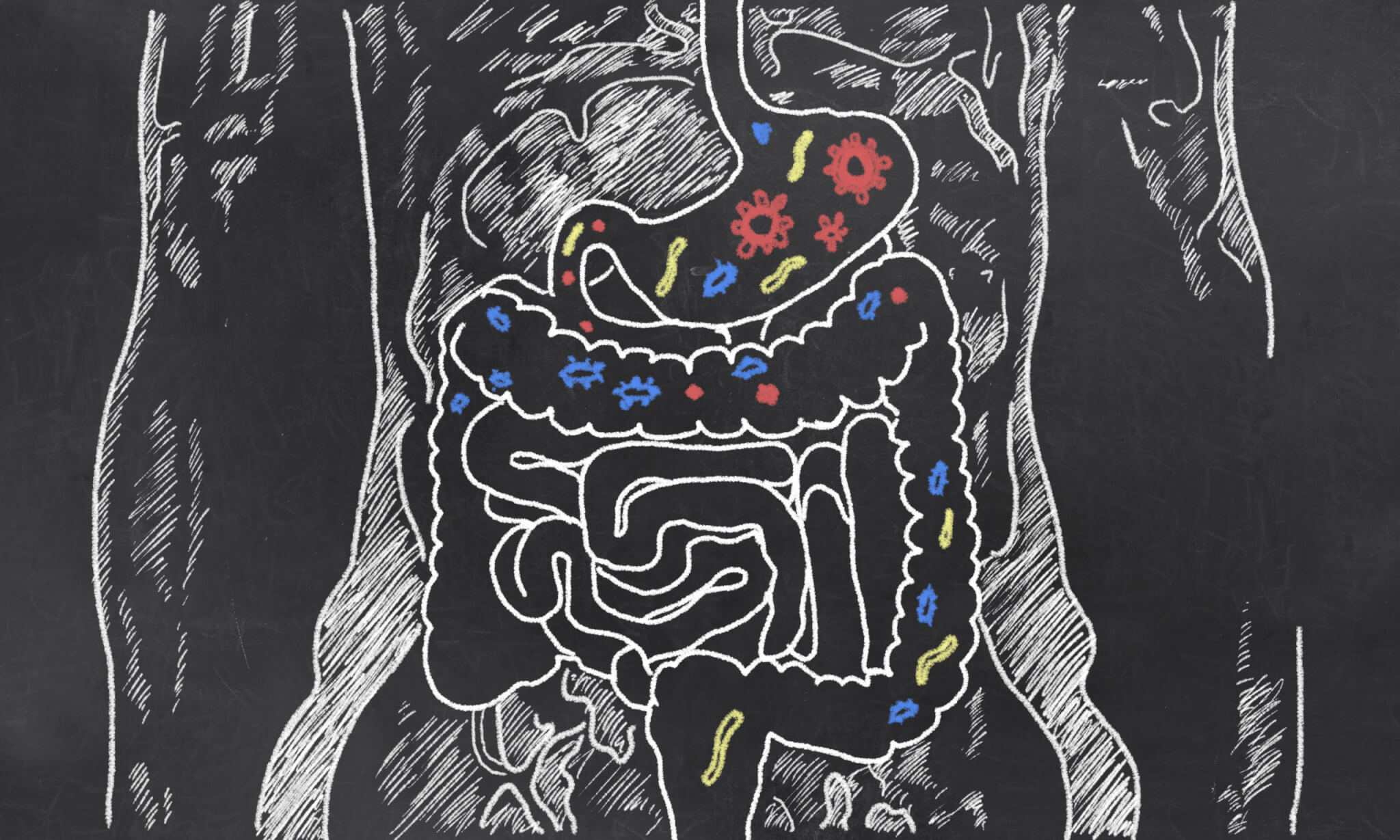LONDON — Sleeping in on lazy Sunday mornings, or staying up late Saturday night, is a weekly tradition for countless people. Noteworthy new findings, however, may leave many thinking twice about disrupting their usual sleep schedule. Researchers from King’s College London found irregular sleep patterns have a connection to harmful bacteria in the gut.
Conducted in collaboration with ZOE, a personalized nutrition company, this project is the first ever to report multiple associations between social jet lag, or the shift in a person’s internal body clock when sleep patterns change between workdays and free days, with a number of stomach and diet-related factors (diet quality, diet habits, inflammation, and gut microbiome composition) within a single group.
Prior research has shown that working shifts disrupt the body’s clock and can even increase the risk of weight gain, heart problems, and diabetes. The research team, though, argues there is far less awareness that our biological rhythms can indeed be affected by smaller inconsistencies in sleeping patterns. For example, waking early with an alarm clock on workdays in comparison to waking up naturally on non-workdays for people working regular hours.
“We know that major disruptions in sleep, such as shift work, can have a profound impact on your health. This is the first study to show that even small differences in sleep timings across the week seems to be linked to differences in gut bacterial species. Some of these associations were linked to dietary differences but our data also indicates that other, as yet unknown, factors may be involved. We need intervention trials to find out whether improving sleep time consistency can lead to beneficial changes in the gut microbiome and related health outcomes,” says senior author Dr. Wendy Hall from King’s College London in a media release.

The composition of microbes in a person’s gut (microbiome) may negatively or positively affect their health through the production of either toxins or beneficial metabolites. Specific species of microbes can even correspond to an individual’s risk of long-term health conditions, including diabetes, heart disease, and obesity. Each person’s microbiome is influenced by the food they consume, which means gut diversity is quite adjustable.
Among a cohort of 934 people from the ZOE PREDICT study, the largest ongoing nutritional study of its kind, study authors analyzed blood, stool, and gut microbiome samples in addition to taking glucose measurements in those whose sleep was deemed irregular in comparison to others who had a routine sleep schedule. While earlier studies have investigated the association between social jet lag and metabolic risk factors across populations with obesity or diabetes, this latest cohort featured mainly lean and healthy individuals getting more than seven hours of sleep per night throughout the week.
Notably, study authors say a mere 90-minute difference in the timing of the midpoint of sleep – the halfway point between sleep time and wake time – is linked to differences in gut microbiome composition.
Having social jet lag, meanwhile, was associated with lower overall diet quality, higher intake of sugar-sweetened beverages, and lower intake of fruits and nuts. All of those dietary decisions may directly influence the abundance of specific microbiota in the gut.
The research team explains three out of the six microbiota species more abundant in the social jet lag group also showed “unfavorable” associations with health. These microbes were associated with poor diet quality, indicators of obesity and cardio-metabolic health, and markers in the blood associated with both higher levels of inflammation and cardiovascular risk.
“Sleep is a key pillar of health, and this research is particularly timely given the growing interest in circadian rhythms and the gut microbiome. Even a 90-minute difference in the mid-point of sleep can encourage microbiota species which have unfavorable associations with your health,” says first study author Kate Bermingham, PhD, from King’s College London and senior nutrition scientist at ZOE.
Prior studies have found social jetlag is also associated with gaining extra weight, chronic illness, and mental fatigue.
“Maintaining regular sleep patterns, so when we go to bed and when we wake each day, is an easily adjustable lifestyle behavior we can all do, that may impact your health via your gut microbiome for the better,” concludes Dr. Sarah Berry from King’s College London and chief scientist at ZOE.
The study is published in the European Journal of Nutrition.
You might also be interested in:
- 3 Gut Health Do’s And 3 Don’ts From A Dietitian
- Sleepless nights? Melatonin supplements may wreak havoc on gut health
- How do you live to be 100? Viruses inside your gut could be the key

